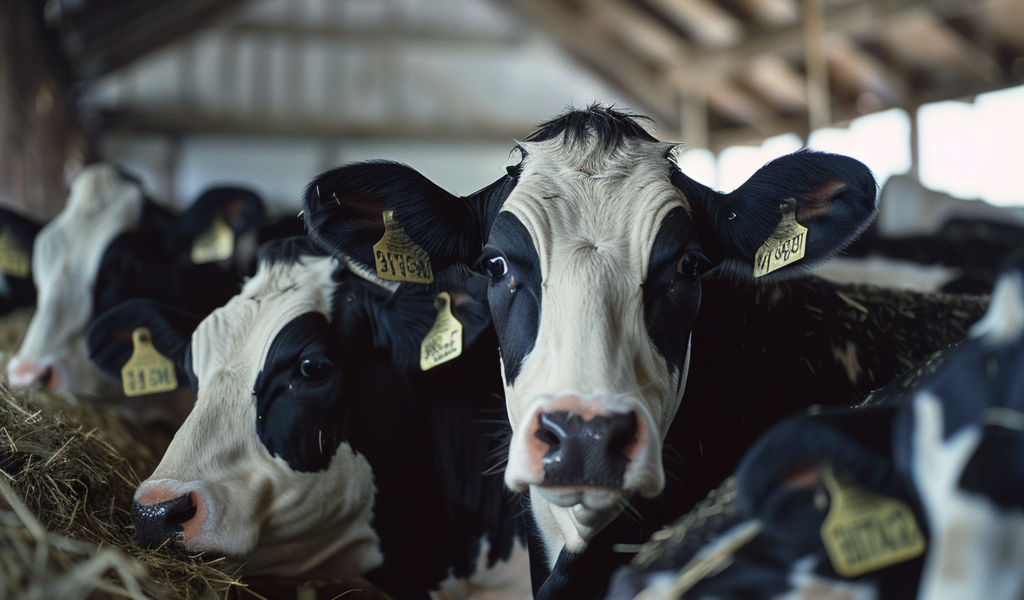Sick cows in 2 states test positive for avian flu
In an ongoing investigation into mysterious illnesses in dairy cows in Texas, Kansas, and New Mexico, tests on unpasteurized milk and nasal swabs have revealed highly pathogenic avian flu in Kansas and Texas, according to a statement today from the US Department of Agriculture (USDA) Animal and Plant Health Inspection Service (APHIS).
The cows showed symptoms such as decreased milk production, low appetite, and other signs of illness, with the infections primarily affecting older dairy cows. This development follows the recent detection of H5N1 avian flu in baby goats at a Minnesota farm where the virus had been found in a backyard poultry flock.
According to the Texas Department of Agriculture, the disease has been spreading through the Texas panhandle, causing concern within the agriculture industry. Affected cows exhibited flu-like symptoms, including fever and abnormal milk consistency.
Meanwhile, sporadic outbreaks continue to be reported in US poultry flocks, with numerous H5N1 detections in various wild birds across multiple states. Additionally, dead wild birds have been found on the affected farms.
The virus was detected in milk samples from sick cows at two dairy farms in Kansas and Texas, as well as in an oropharyngeal sample from another dairy in Texas. Initial testing suggests that the detections may have been introduced by wild birds. Further testing and sequencing are underway to identify the specific strain or strains involved.
Despite these developments, the USDA Animal and Plant Health Inspection Service (APHIS) has emphasized that there are currently no concerns regarding the nation’s milk supply or any threat to human health. Dairies are required to send only milk from healthy animals into processing for human consumption, with milk from affected animals being diverted or destroyed to prevent it from entering the food supply. Furthermore, pasteurization has been proven to inactivate bacteria and viruses, including influenza, in milk, and is mandatory for any milk entering interstate commerce.
On the affected farms, the illness has impacted approximately 10% of animals, with minimal mortality and limited milk loss that is not expected to significantly impact the nation’s milk supply. Federal officials are collaborating with state authorities to address the situation and mitigate any further spread of the virus.





